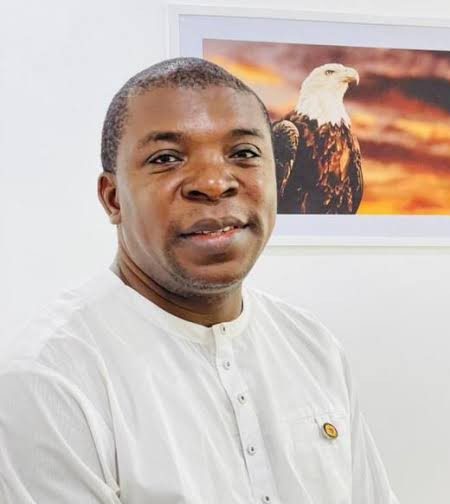By TEMITOPE AJAYI

The constitutional provision that gives the president power to exercise the prerogative of mercy and pardon on convicted persons does not preclude any crime. It is vacuous virtue signalling to suggest certain crimes should not be pardoned. It is more so when all the beneficiaries of clemency have either served their terms in prison or are still serving prison terms for the crimes committed.
It should be stated that the Presidential Advisory Committee on the Prerogative of Mercy chaired by the Attorney-General and Minister of Justice, Prince Lateef Fagbemi had members drawn Prison authorities, Human Rights Commission, the Police, the Christian Association of Nigeria, and the Nigeria Supreme Council of Islamic Affairs, etc.
The Committee arrived at the list of 171 convicts and ex-convicts after careful consideration of medical reports, recommendations from the prison authorities on account of good conduct of the inmates and appeals from civil society organizations, and family members. The list still went for final approval to the National Council of State, which has 36 State Governors, current and former Chief Justices of Nigeria, Vice President, Senate President, and Speaker of House of Representatives.
READ ALSO: Dangote inaugurates cement plant in Côte d’Ivoire
Some of those pardoned have serious medical conditions and terminal illnesses. Public opinion on presidential pardon will always be divided between those opposed to it and those who support it. President Donald Trump pardoned the January 6, 2021 insurrectionists in the US. Those were people who wanted to scuttle the democratic process, a treasonable offence. Before he left office, President Biden pardoned his son, Hunter Biden, for drug-related offences. President Clinton pardoned his younger brother, Roger Clinton Jnr, who was convicted of a drug crime. President Gerrad Ford pardoned President Richard Nixon for the Watergate incident, one of the most celebrated corruption cases in US history. All of these cases sharply divided public opinion along ideological lines in the US.
In granting the President power to grant pardons, the Constitution does not set any limit or inhibition on the exercise of that power. It is an expansive and open-ended power that covers any kind of offence, whether high or low crime.
Let it be emphasised that the fact that some people are pardoned is not a licence for anyone to go and commit crime. Those who commit crimes will still be arrested, prosecuted, and jailed for their crimes, and nobody should rely on the discretionary power of a President to grant pardon, which may be used or not used as a reason for becoming a criminal.
It is also quite revealing that many Nigerians who make claims of religious piety and pray to God for mercy and favour would be up in arms against those who found mercy for the crimes they committed and for which they were convicted and served or serving the punishment.
There are over 40,000 prisoners in Nigeria for various offences. That a few found grace and were pardoned does not in any way suggest a mockery of the judicial system or diminish social justice and public morality. In fact, the constitutional provision of the Prerogative of Mercy or Clemency is an integral part of the justice system.














